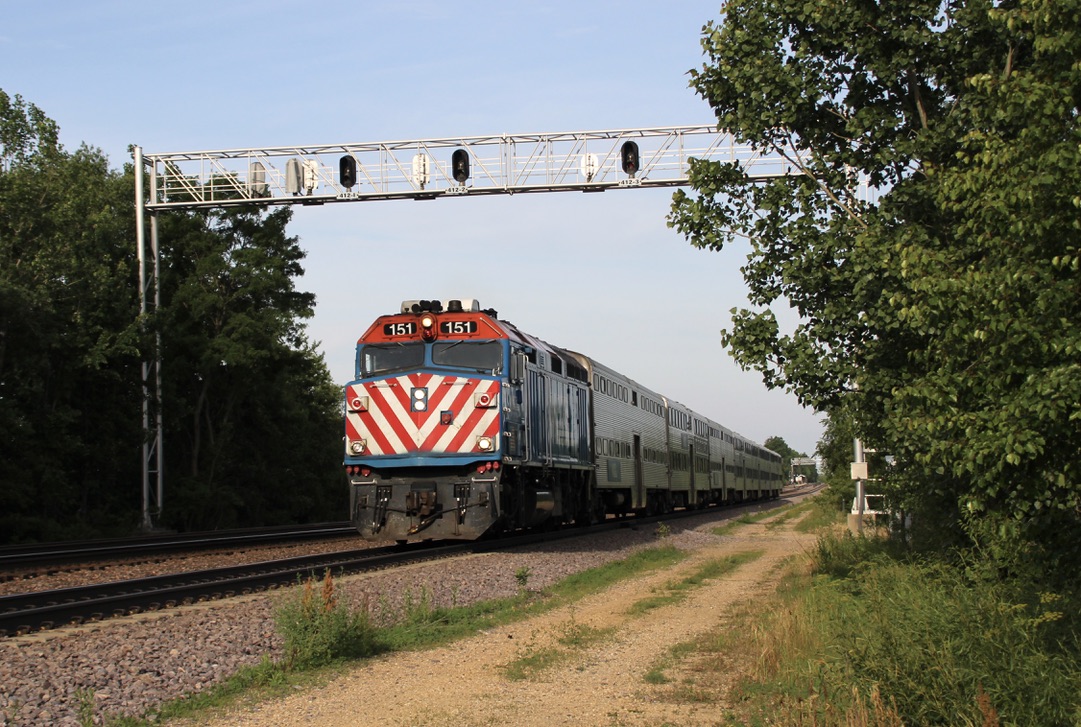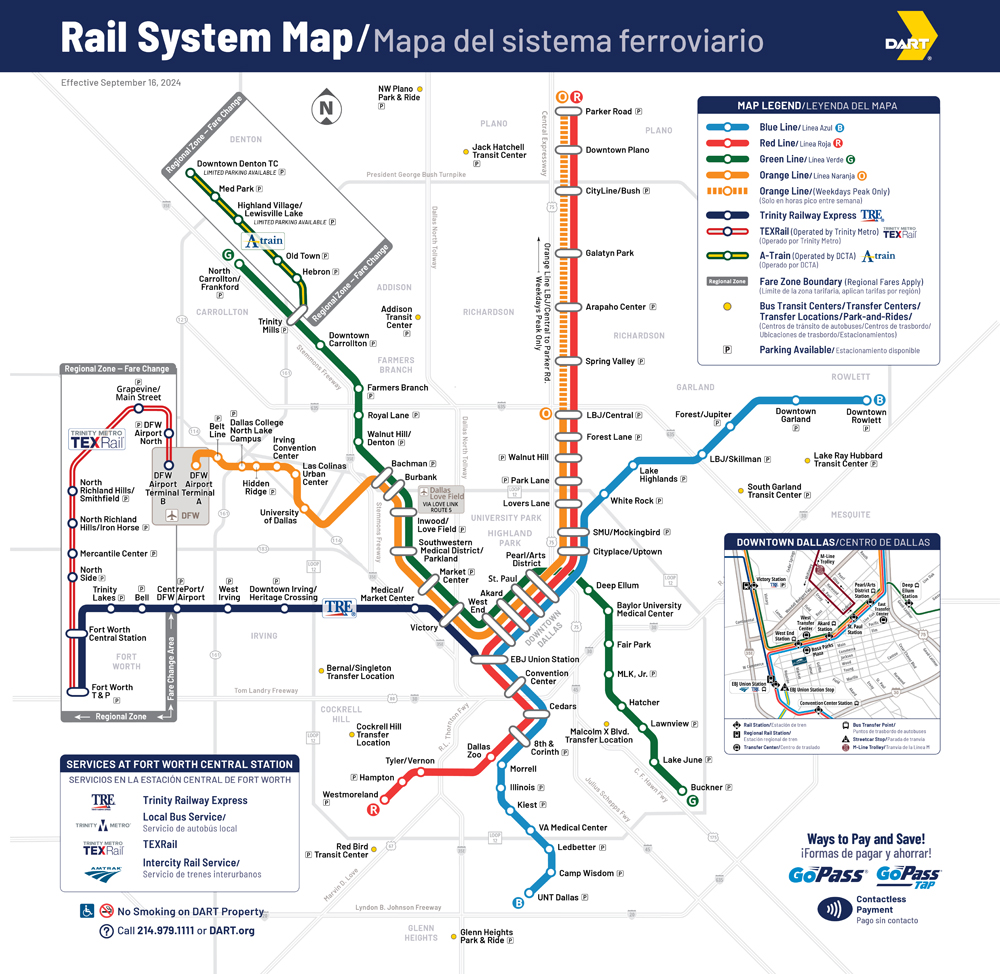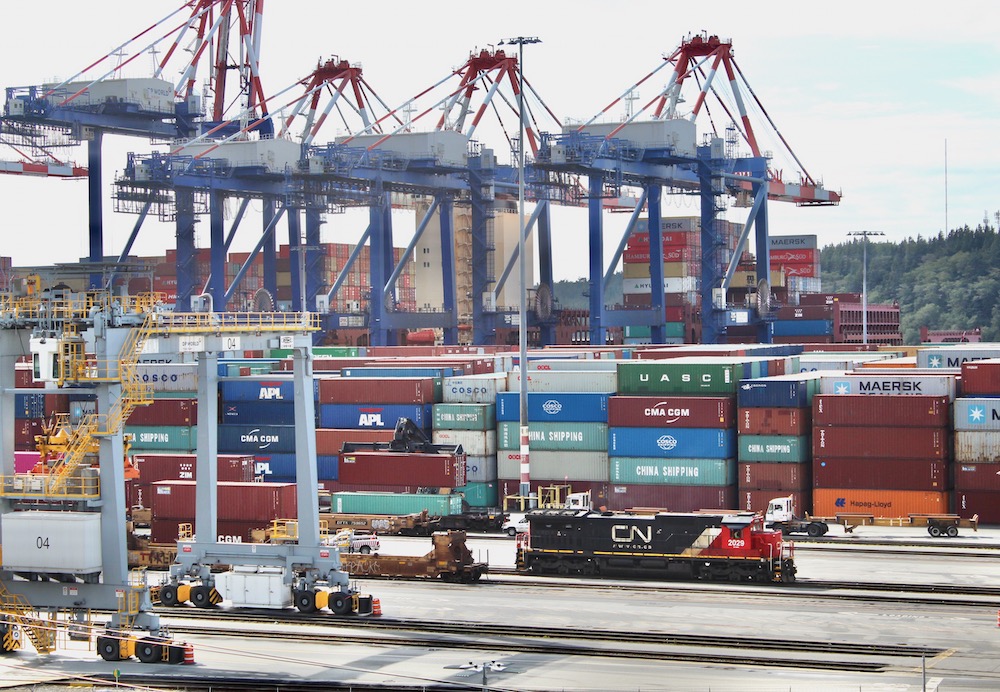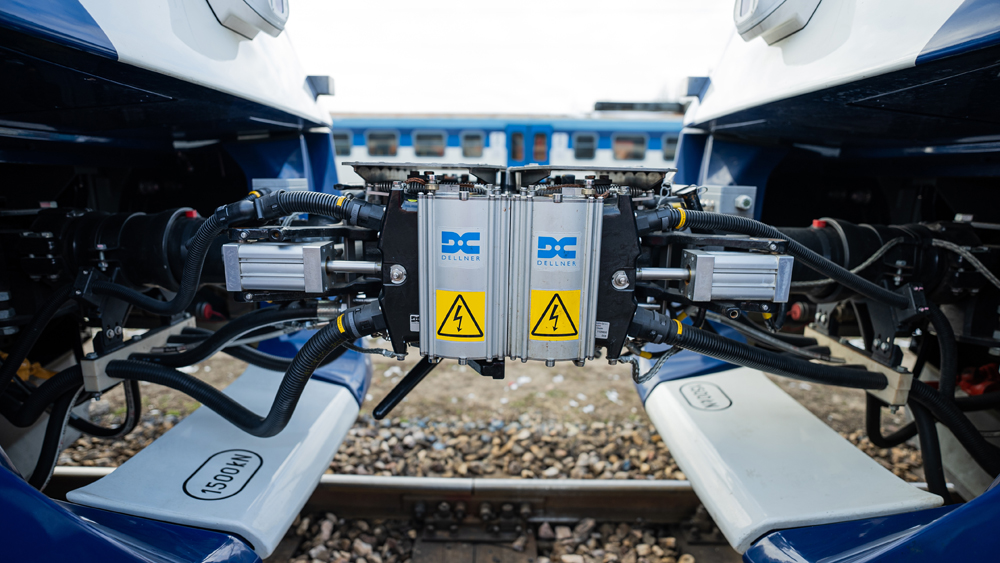
CHICAGO — A series of hearings to consider the future of public transit in the Chicago area — including a proposal to merge the four boards overseeing three transit systems and the umbrella agency overseeing them — is set to begin Tuesday in Chicago.
The six hearings of the Illinois Senate Transportation Committee have been organized by its chair, state Sen. Ram Villivalam (D-Chicago), and will be held at a variety of locations with various themes through October at the state capital. Tuesday’s hearing will be held at 10 .m. at the Bilandic Building, 160 N. La Salle Street in Chicago on the theme “Transit supports the economy.” The hearing is also scheduled to be live-streamed, according to a Villivalam press release; it will be available at the Illinois General Assembly website by clicking on “Audio/Video” under “Senate” at the time of the hearing.
Other scheduled sessions, themes, and approximate locations are listed below, although exact locations have yet to be determined for most sessions, and Villivalam cautioned that additional hearings or schedule adjustments may arise. Updated information will be available on his website.
Villivalam told the suburban Daily Herald newspaper, “Our No. 1 priority is we need to make the case for public transit to the general public,” but also said, “We want to hear from folks as to their thoughts on both the current structure and also the new structure that was proposed.”
The proposal to merge commuter rail operator Metra, the Chicago Transit Authority, bus operator Pace, and the parent Regional Transportation Authority was introduced earlier this year, along with a companion bill to increase funding for the new merged organization [see “Illinois bill proposes merger …,” Trains News Wire, April 30, 2024]. It would replace four separate boards with a total of 47 members with a single 19-member Metropolitan Mobility Authority board, but the five suburban “collar” counties that fund much of the transit system expressed immediate concern over the proposed structure of that board. It would give each of those counties just one member, while five would be chosen by Chicago’s mayor, five by the president of the Cook County board, and three by the governor.
The CTA immediately issued a statement saying the proposal would “at best … serve as a distraction to the funding crisis we face.” Metra eventually issued a long, carefully worded statement applauding Villivalam and state Rep. Eva-Dina Delgato, who introduced the legislation, “for starting the conversation about the future of public transportation in northeast Illinois in the wake of [the] COVID-19 pandemic.”
The other scheduled hearings are:
— Wednesday, July 24 at 10 a.m.; South suburbs of Cook County. Subject: Transit must be accessible and equitable.
— Thursday, Aug. 8 at 10 a.m.; counties of DuPage, Will, and Kendall. Subject: Transit support community quality of life.
— Wednesday, Aug. 28 at 10 a.m.; Kane County and McHenry County. Subject: Transit is crucial for public health.
— Wednesday, Sept. 18 at 10 a.m.; Northwest suburbs of Cook County and Lake County. Subject: Transit mitigates climate impact.
— Wednesday, Oct. 16 at 10 a.m.; Springfield. Subject: Funding transit is a statewide priority.














…as the suburbanites ride the trains to and from work, sporting events, owned businesses, etc…wealth is being transferred to…?
Where even to begin? Fifty years ago, RTA was formed to solve these problems, but RTA only oversees to three separate Boards, METRA, PACE and CTA. We find there’s not enough money (or, more bluntly) no money at all. So the solution is one new board mightily stacked with far-left Chicago and Cook County Democrats along with members chosen by the governor, another far-left Democrat. And so the suburban collar countries, which include some Republican voters along with a whole lot of Democrats, discover that their pockets are being picked.
Metropolitan governments are common in many countries but few and far between in America (Nashville-Davidson, Miami-Dade). In most states, metropolitan governments have been strenuously resisted to the point of nonexistence. Why? Because suburbanites rightly suspect that the purpose of metro government isn’t to coordinate services as much as it is to transfer wealth.
Who’s running those collar counties? Republicans control McHenry, Kane, DuPage, Will, Lake, though there are Democrats in those areas the GOP pretty much controls what happens including being on the Boards of METRA and Pace.